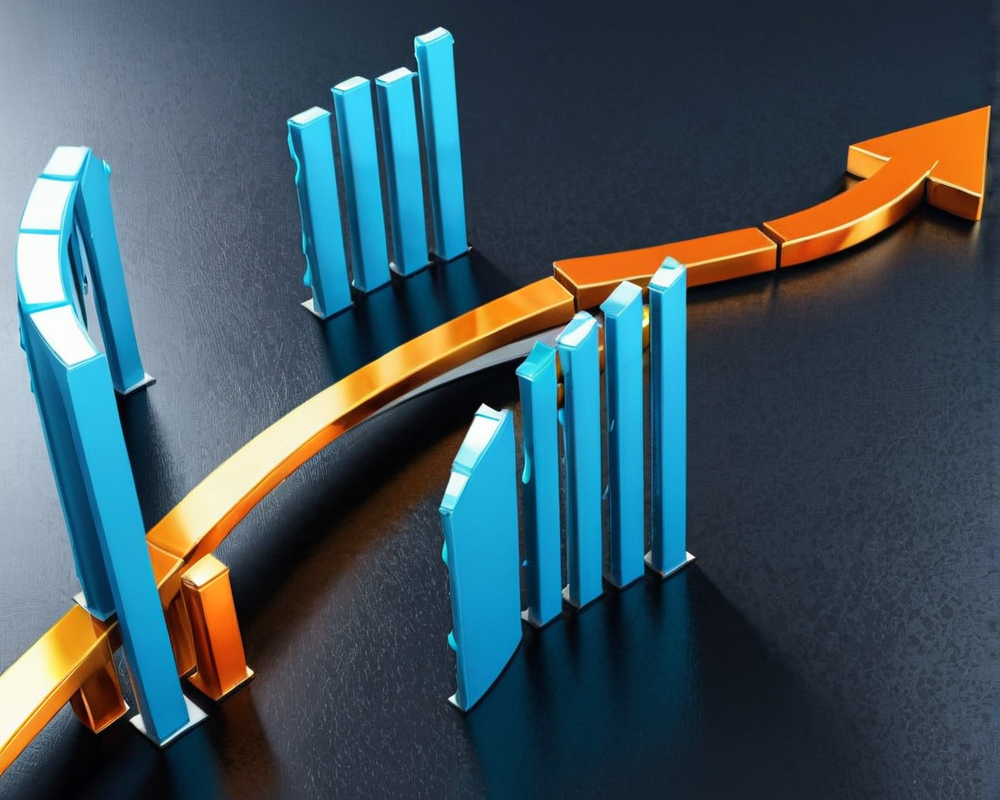Unveiling the Report
The Ministry of Foreign Affairs of Denmark has rolled out an eye-opening report that tackles the pervasive monster known as corruption using cutting-edge IT technologies. Launched at the International Anti-Corruption Conference (IACC), the report shines a spotlight on tools like blockchain, e-governance, big data, and crowdsourcing as powerful allies in this fight.
Blockchain: The Superhero of Transparency
Picture this: a world where transactions are as clear as glass and everyone has a front-row seat! Blockchain technology promises just that. With its ability to store records in an immutable and transparent manner, it offers a public ledger where anyone can peek at the data. The report argues that this transparency democratizes access, allowing individuals to assert their rights over essential things like aid, land, and money without the need for pesky middlemen. Talk about empowerment!
Reducing the Middlemen
Imagine a life less encumbered by banks, land registries, and accountants—sounds liberating, right? The report suggests that blockchain significantly shrinks the need for these traditional institutions, simplifying transactions and processes. Rather than waiting for a stamp of approval, people can exchange resources efficiently and securely, even those without formal identities. That’s one huge step toward inclusivity!
Securing the Public Sector
But it’s not just about individual benefits. The public sector can wield blockchain as a fortress against corruption. By securing records and certificates from any unwelcome alterations, as well as utilizing blockchain’s tracking features, the government could minimize corruption opportunities. If every action is recorded and traceable, that definitely adds a layer of accountability.
The Data Dilemma
However, before you start dreaming of a corruption-free utopia, let’s dial back to reality. The report underscores that while blockchain has the potential to revolutionize governance, its effectiveness hinges on the accuracy of the data entered. “Blockchain solutions are only as good as the data entered into them.” If faulty data sneaks into the ledger, it’s like pouring chocolate syrup on a perfectly crafted vanilla ice cream—it can ruin the whole scoop!
Wrapping it Up
So, as Denmark strides into the future, blending tech with governance, it raises a crucial question: can technology truly change the human element of corruption? While blockchain and other technologies may provide revolutionary tools in the fight against corruption, it is ultimately the quality of data and the integrity of individuals that will determine their success.




